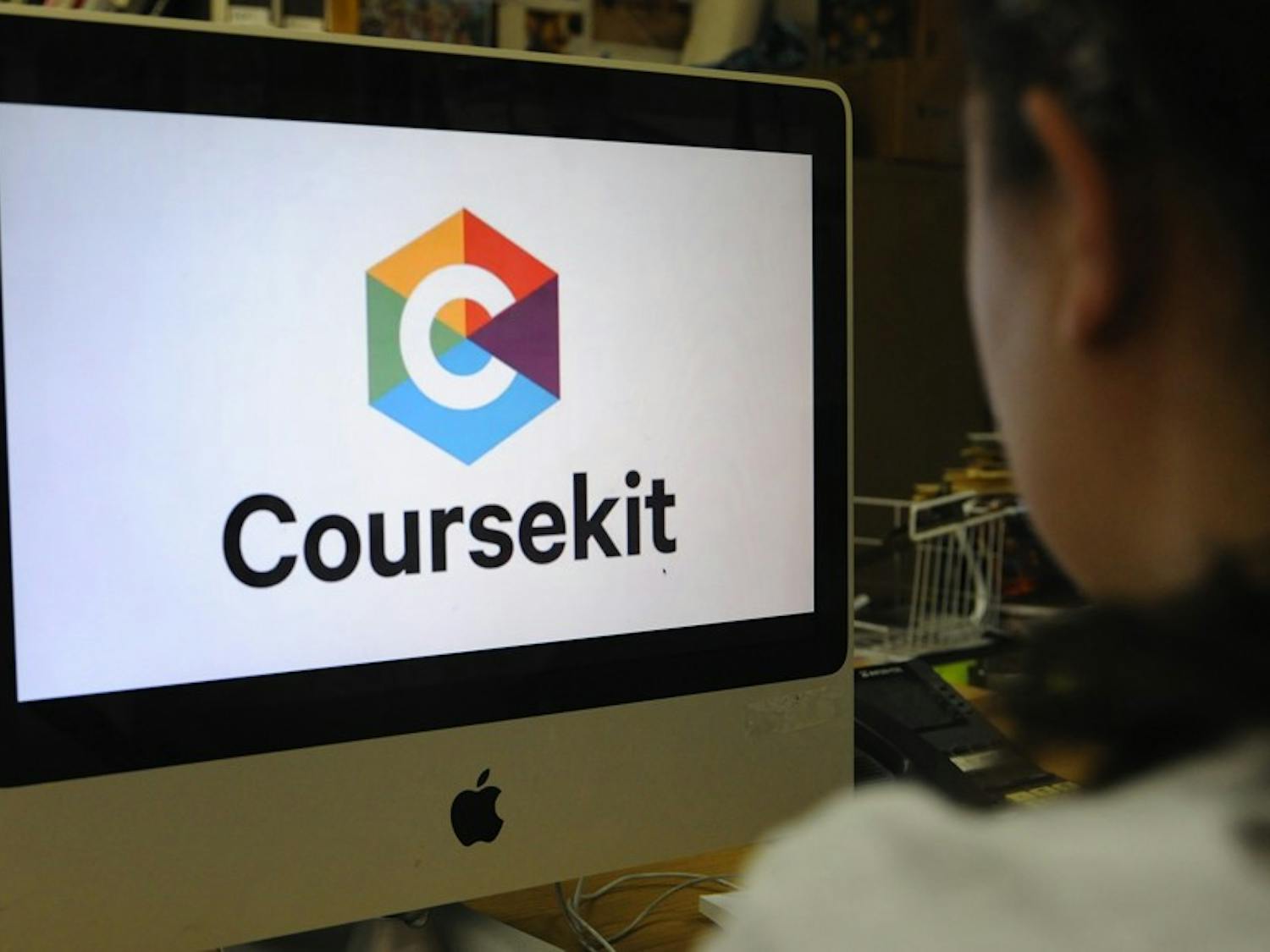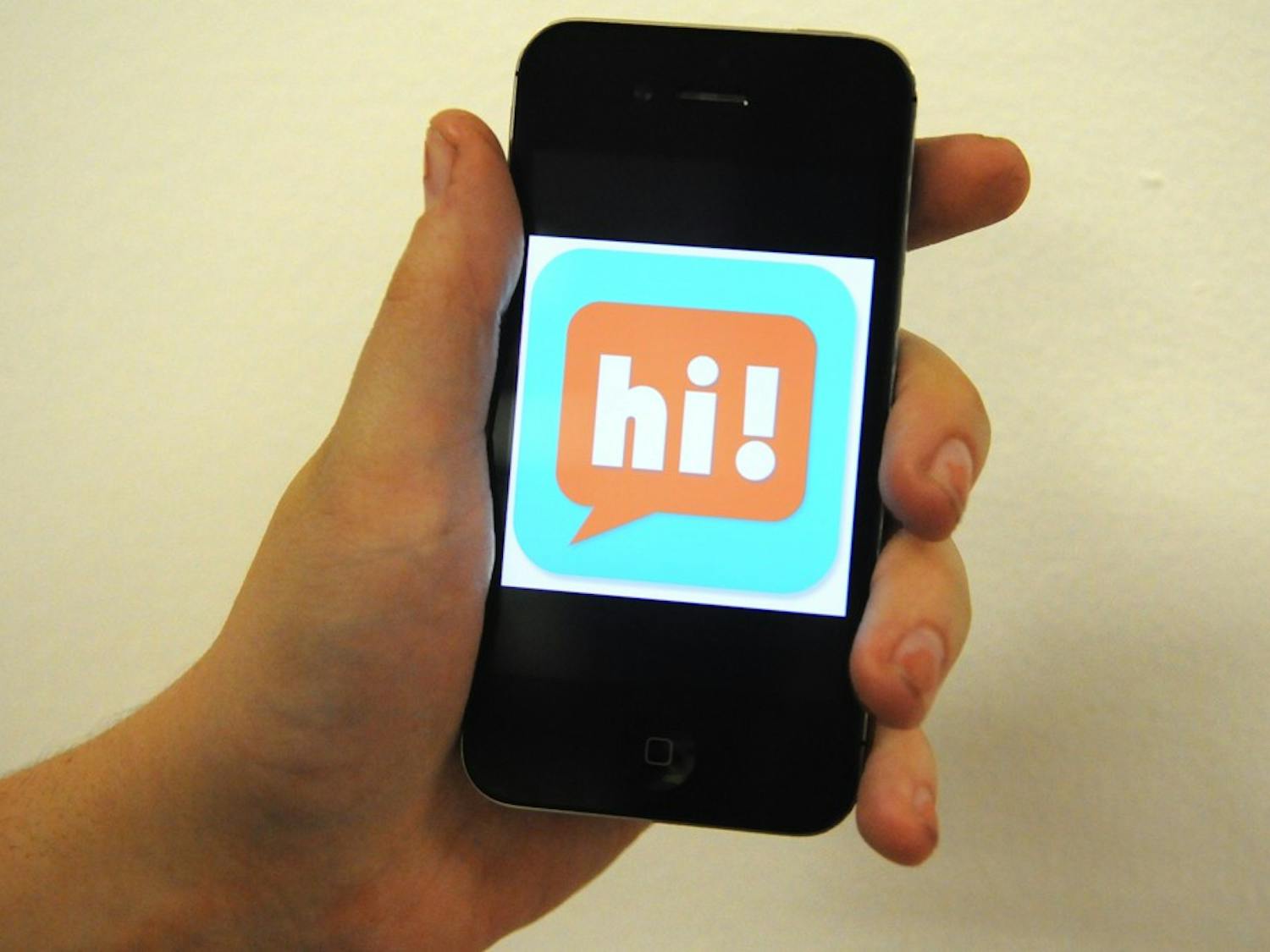Contact lens-wearers should not get too adjusted to being frame-free.
According to the results of a new study, an alarming majority of people wear their contacts beyond the recommended usage time, making them susceptible to several health risks.
The study, which surveyed 1,654 contact wearers, was commissioned by CIBA VISION and spearheaded by School of Medicine professor David Sarwer.
Of the study’s participants, 59 percent of those who wore two-week replacement silicone hydrogel contacts wore them for longer than the Manufacturer Recommended Replacement Frequency.
An additional 29 percent wearing one-month replacements and 15 percent wearing daily disposable contacts wore them longer than the MRRF.
These practices are “positively not OK,” Paul Klein, chair of the American Optometric Association, said in a statement, adding that they can lead to disastrous health complications.
Eye infections and diseases, such as pink eye, occur when organisms enter the eye via the fingers and become trapped under the contact lens. Washing contacts daily and replacing them as suggested is essential to avoiding such risks.
Despite the consequences of improper contact lens practices, the survery results demonstrated that people are still careless about their contact replacement schedule.
In the study, 51 percent of those that defied the MRRF cited “forgetting which day to replace lenses,” while 26 percent did so “to save money.”
Time and money are issues often more pressing to college students than their health, according to the study, potentially making students more likely to practice careless contact habits.
Rising college junior Sean Angiolillo, had two-month replacement contacts until he got an eye infection. He switched to daily-disposable contacts, until “they got too expensive.”
Having switched back to two-month replacements, Angiolillo still seems indifferent to the risk of infection and fails to clean his contacts daily.
Rising college sophomore Julie Perkins, who has vision problems but cannot achieve proper vision correction with glasses, said that putting her contacts in is the first thing she does each morning, and taking them out the last thing she does each night.
“I’m not quite sure how long you’re technically allowed to wear them, but I’m guessing sixteen or more hours a day is way over the recommended time,” Perkins said.
However, she said she too is indifferent.
“Honestly, contacts are too important to my daily functioning — I’m practically blind without them — to worry too much about infectin,” she said.
Sarwer did not respond to repeated requests for comment.






